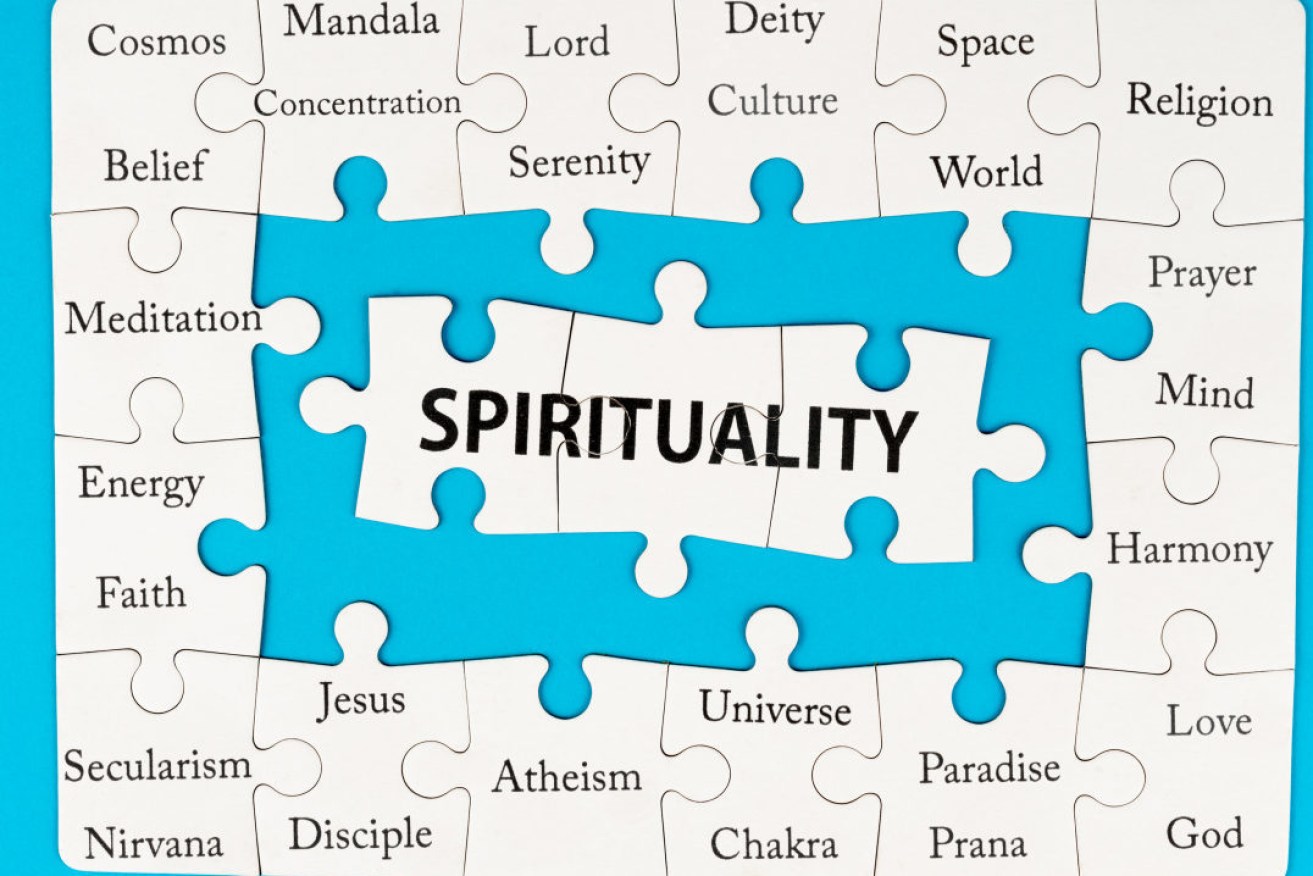Scientists find God created you in his image, if you’re good at puzzles


An ability to predict complex patterns has been linked to having a belief in a god. Photo: Getty
When religious people are confronted with things they don’t understand, they tend to say something like: God works in mysterious ways.
But an intriguing cross-cultural experiment, from Georgetown University in the US, found that people who can unconsciously predict complex patterns, an ability called implicit pattern learning, “are likely to hold stronger beliefs that there is a god who creates patterns of events in the universe”.
Implicit learning is the process whereby knowledge of a complex nature is acquired largely without involvement of top-down, conscious control.
Naturally occurring examples of implicit learning are the acquisition of language acquisition and the process of socialisation.
So where does God come into it?
The research is the first to use implicit pattern learning to investigate religious belief. The study investigated cultural and religious groups in the US and Afghanistan.
According to a statement from the Georgetown University Medical Centre, the goal was to test whether implicit pattern learning is a basis of belief and, if so, whether that connection holds across different faiths and cultures.
The researchers indeed found that implicit pattern learning appears to offer a key to understanding a variety of religions.
“Belief in a god or gods who intervene in the world to create order is a core element of global religions,” says the study’s senior investigator, Dr Adam Green, an associate professor in the Department of Psychology and Interdisciplinary Program in Neuroscience at Georgetown, and director of the Georgetown Laboratory for Relational Cognition.
“This is not a study about whether God exists. This is a study about why and how brains come to believe in gods. Our hypothesis is that people whose brains are good at subconsciously discerning patterns in their environment may ascribe those patterns to the hand of a higher power.”

The research drew on Christian and Islamic cultures, in rich and poor settings. Photo: Getty
One of the more curious findings was what happened between childhood and adulthood.
The data suggested that “if children are unconsciously picking up on patterns in the environment, their belief is more likely to increase as they grow up, even if they are in a non-religious household”.
Likewise, if they are not unconsciously picking up on patterns around them, “their belief is more likely to decrease as they grow up, even in a religious household”.
How did they come to this conclusion?
According to Georgetown University:
- The study used a well-established cognitive test to measure implicit pattern learning. Participants watched as a sequence of dots appeared and disappeared on a computer screen
- They pressed a button for each dot
- The dots moved quickly, but some participants (the ones with the strongest implicit learning ability) began to subconsciously learn patterns hidden in the sequence, and even press the correct button for the next dot before that dot actually appeared
- However, even the best implicit learners did not know that the dots formed patterns, showing that the learning was happening at an unconscious level.
An opening for cross-faith dialogue?
The US section of the study enrolled a predominantly Christian group of 199 participants from Washington, DC.
The Afghanistan section of the study enrolled a group of 149 Muslim participants in Kabul.
The study’s lead author was Dr Adam Weinberger, a postdoctoral researcher in Green’s lab at Georgetown and at the University of Pennsylvania.
Co-authors Dr Zach Warren and Professor Fathali Moghaddam led a team of Afghan researchers who collected data in Kabul.
“The most interesting aspect of this study, for me, and also for the Afghan research team, was seeing patterns in cognitive processes and beliefs replicated across these two cultures,” said Dr Warren in a prepared statement.
“Afghans and Americans may be more alike than different, at least in certain cognitive processes involved in religious belief and making meaning of the world around us.
“Irrespective of one’s faith, the findings suggest exciting insights into the nature of belief.”
Senior investigator Dr Green suggests that “a brain that is more predisposed to implicit pattern learning may be more inclined to believe in a god no matter where in the world that brain happens to find itself, or in which religious context”.
Although Dr Green cautions that further research is necessary, he proffers: “Optimistically, this evidence might provide some neuro-cognitive common ground at a basic human level between believers of disparate faiths.”








